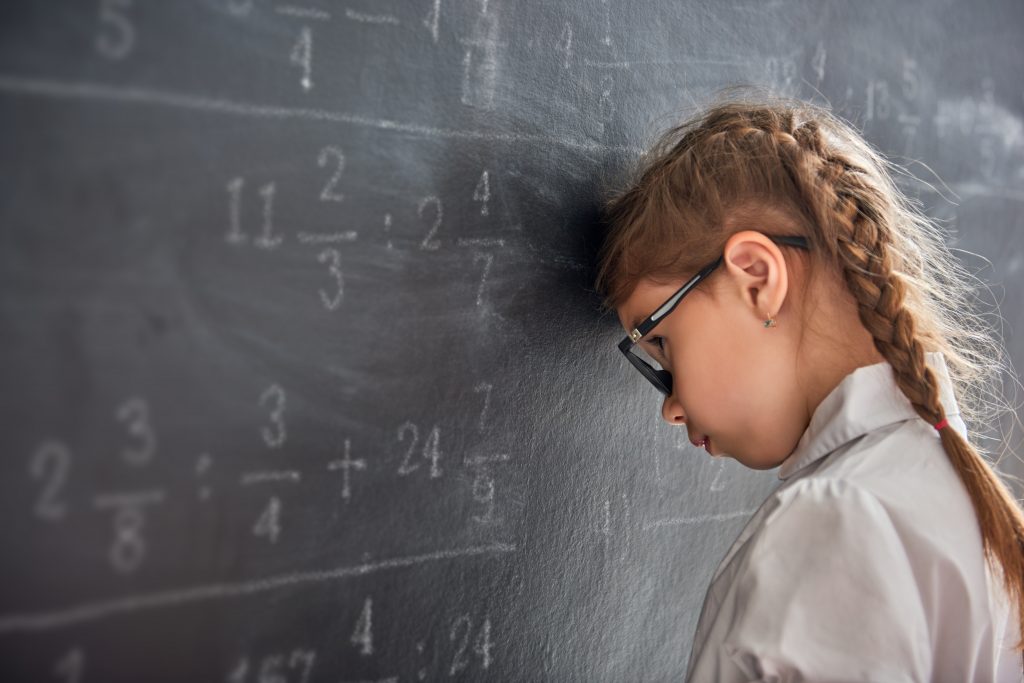The following guest post is written by Michael LaFaive of the Mackinac Center For Public Policy and Todd Nesbit, Ph.D., of Ohio State University.
Various proposals would raise excise taxes on cigarettes, one by as much as $1.50 per pack among other items. This is a bad — if not irrational — choice for Kansas given the large raft of unintended consequences associated with it for little in the way of public health advances.
Raising cigarette excise taxes by almost 190 percent would mean Kansas would be surrounded by states with lower — sometimes dramatically lower — excise taxes. The tax-driven price difference between cigarettes in Kansas and nearby states will represent an opportunity by both casual and organized smugglers to profit handsomely from tax avoidance and evasion.
The Michigan-based Mackinac Center for Public Policy annually estimates the degree to which cigarettes are smuggled in most states. Its statistical model tells us that through 2013 Kansas had a smuggling rate of 15 percent, ranking the Sunflower state 19th among the 47 in the study.
But that estimate reflects a tax rate of 79 cents, not $2.29 per pack. At the higher rate, however, the model tells us that Kansas’ smuggling rate will leap to a stunning 46.5 percent of the market. That is, of all the cigarettes consumed in Kansas after this excise tax increase nearly 45 percent will be a function of tax avoidance or evasion. At this rate Kansas will sport the third highest smuggling rate in the nation, behind New York and Arizona.
It is not hard to see why. In addition to being surrounded by lower tax states Kansas is located next door to the lowest tax state in the union, Missouri, at just 17 cents per pack. This is probably why the model also tells us that 26.5 percent of total smuggling will be of the “casual” variety, such as individuals grabbing a carton while in other areas of KCMO.
Lest the reader believe that these estimates are outrageously high consider that the Mackinac Center is not the only institution attempting to measure smuggling rates among states. On February 19 of this year the Institute of Medicine and National Research Council published a study on tax evasion and tax avoidance and pegged Kansas’ 2011 smuggling rate at 21 percent, far higher than the Mackinac Center’s own estimates.
The study, titled, “Understanding the U.S. Illicit Tobacco Market: Characteristics, Policy Context, and Lessons from International Experiences” pegs the national market for illicit smokes at between 8.5 percent and 21 percent. The latter figure is cited from others scholars’ “plausible estimates” published in 2013 and based on data from 2009 and 2010.
These smuggling numbers are why lawmakers should never confuse changes in legal paid sales of cigarettes with quitting. Time and again burgeoning illicit markets undermine the health goals of very well-intentioned public officials.
In his 2004 study titled “Cigarette Tax Avoidance and Evasion,” economist Mark Stehr reports that up to 85 percent of the after tax change in legal paid sales can be attributed to avoidance or evasion. That is, official sales are declining, but people aren’t necessarily quitting.
The authors of a 2014 study in the academic Journal of Economic Inquiry titled “Do Higher Taxes Reduce Adult Smoking?” argue that “considering all the evidence, we conclude that there is insufficient justification for the widespread belief that raising cigarette taxes will significantly reduce cigarette consumption among adults, even young adults.”
The reason is probably fairly straight forward. People like to smoke and are willing to turn to less expensive roll-your-own products or to the illicit market or both to acquire tobacco.
Of course, smuggling is not the only unintended consequence of higher tobacco taxes. High tax states like New York or Michigan have also seen violence against people, police and property as well as thefts at the retail and wholesale levels.
Lastly, Kansas doesn’t need to raise taxes on this or any other activity. The Kansas Policy Institute informs us that the state is planning to spend nearly $1 billion more (adjusted for inflation) than it did in 2004.
The budget must be balanced but perhaps lawmakers should kick the spending habit before taxing those with a smoking habit.




